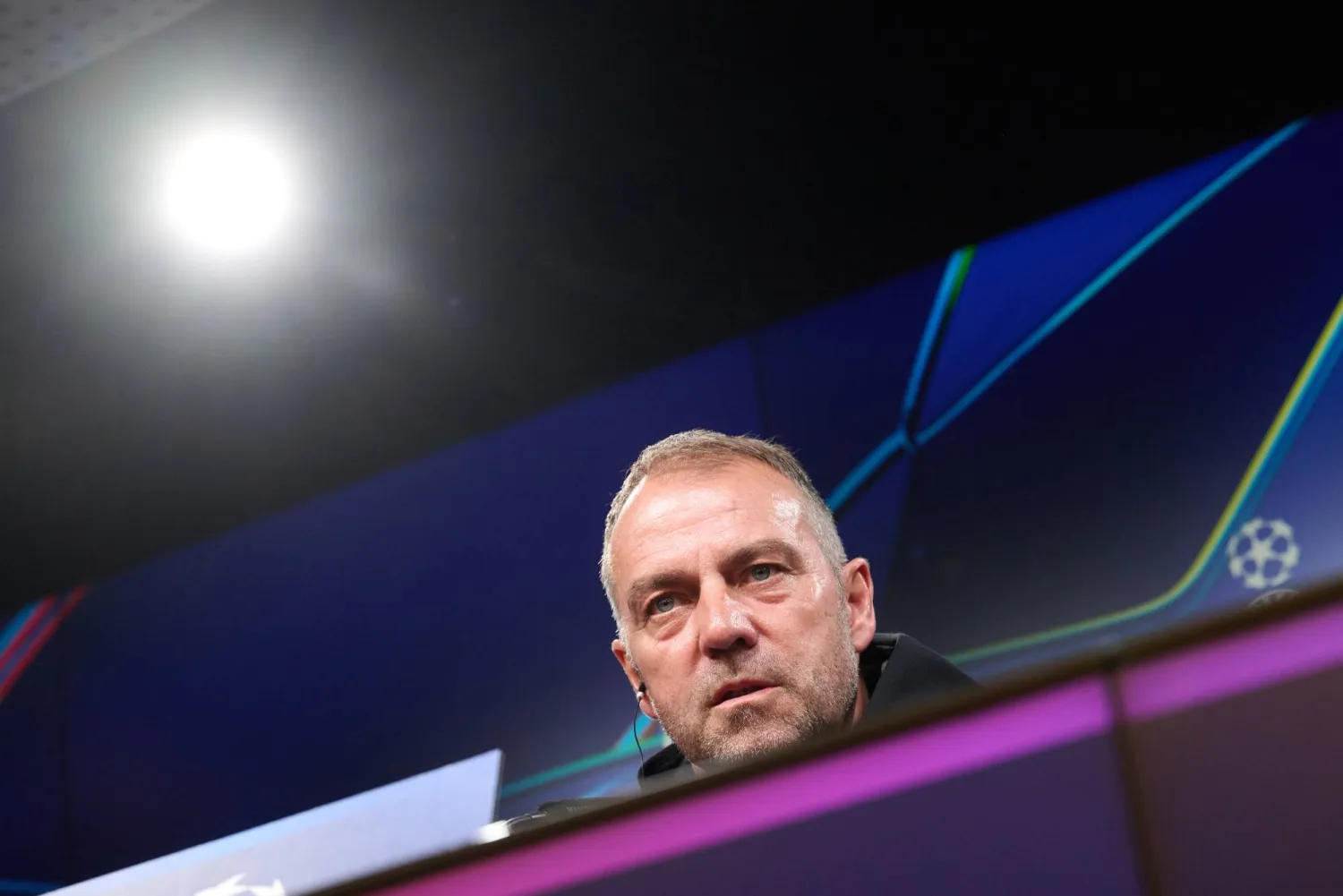The Netherlands came from behind to beat Türkiye 2-1 on Saturday and book its place in the European Championship semifinals.
An own goal from Mert Muldur in the 76th minute, only six after Stefan De Vrij canceled Samet Akaydin’s first-half header for Türkiye, was enough for the Dutch in the last of the quarterfinals.
The Netherlands will face England in the second semifinal in Dortmund on Wednesday. Spain faces France in the first on Tuesday.
Türkiye was without defender Merih Demiral, who was suspended for two matches by UEFA for making a nationalistic hand gesture after scoring in Tuesday’s 2-1 win over Austria. The gesture is used by Turkish nationalists and associated with an ultra-nationalist group.
Turkish President Recep Tayyip Erdogan was at the game after he changed his plans because of the diplomatic row with Germany over Demiral's gesture.
German interior minister Nancy Faeser had said Demiral used his celebration “as a platform for racism” and federal minister Cem Özdemir, a German politician of Turkish descent, said the gesture “stands for terror, fascism.”
Many Turkish fans made the gesture on their way to Berlin’s Olympiastadion, and again during Türkiye’s national anthem before the game.
The Dutch made a better start, but Türkiye’s defenders dug in to limit the impact of Cody Gapko, Xavi Simons and Memphis Depay. Türkiye lined up with five at the back without the ball, as it had in the win against Austria, and gradually improved.
Akaydin rewarded a period of Turkish pressure by scoring in the 35th. Arda Guler delivered a butter-soft cross for the defender to head in off the underside of the crossbar.
It set off wild celebrations among Türkiye’s coaching staff and fans. Guler was swamped in the coaching area with hugs, while fans in the west end of the stadium set off flares. Most stayed standing after the goal.
Turkish supporters greatly outnumbered their orange-clad counterparts in a city that’s home to a large community of people with Turkish roots. Most are descendants of Turkish “guest workers” who arrived in what was West Germany to help rebuild the post-war economy.
Germany is home to some 3 million Turks or people with Turkish roots, making them the country’s largest ethnic minority, and the team has enjoyed fevered support at Euro 2024.
The Dutch pushed for an equalizer before the break to a chorus of whistles.
Dutch coach Ronald Koeman, who won Euro ’88 as a player with the Netherlands, reacted at the break by sending on big forward Wout Weghorst for Steven Bergwijn.
Weghorst’s presence gave the Dutch wingers a target, leading to a period of intense pressure.
Guler hit the post with a free kick, but it was an isolated effort as Dutch pressure continued.
It finally paid off in the 70th when De Vrij was left free to head in Depay’s cross.
Suddenly the Dutch supporters could be heard again, and they were cheering again six minutes later when Gapko forced the own goal from Muldur by getting in front of the defender to Denzel Dumfries’ low cross.









